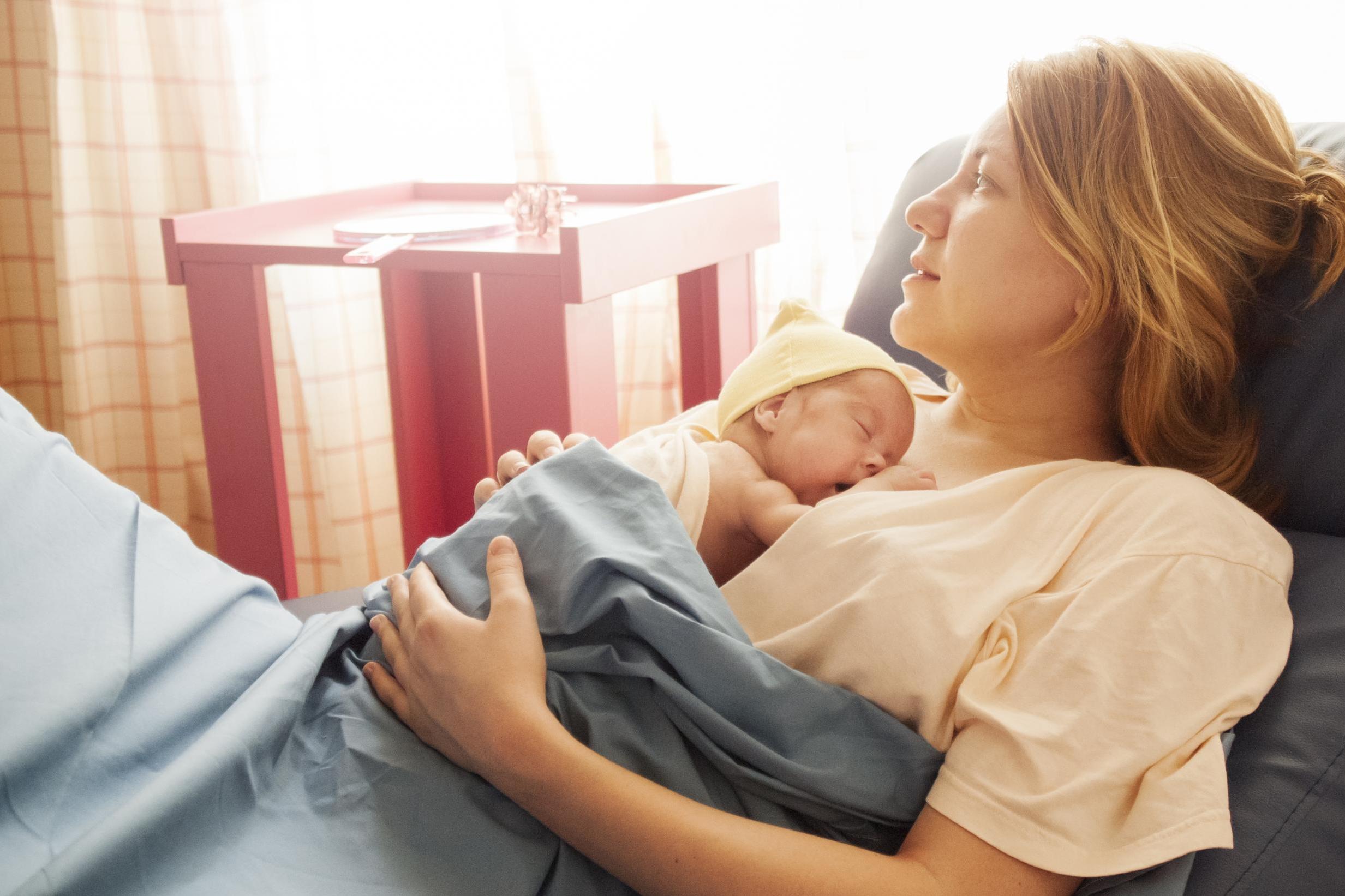Finland’s birth rate plummets to its lowest level in nearly 150 years
Number of births could fall below 50,000 mark for first time since famine in 1866-1868

Your support helps us to tell the story
From reproductive rights to climate change to Big Tech, The Independent is on the ground when the story is developing. Whether it's investigating the financials of Elon Musk's pro-Trump PAC or producing our latest documentary, 'The A Word', which shines a light on the American women fighting for reproductive rights, we know how important it is to parse out the facts from the messaging.
At such a critical moment in US history, we need reporters on the ground. Your donation allows us to keep sending journalists to speak to both sides of the story.
The Independent is trusted by Americans across the entire political spectrum. And unlike many other quality news outlets, we choose not to lock Americans out of our reporting and analysis with paywalls. We believe quality journalism should be available to everyone, paid for by those who can afford it.
Your support makes all the difference.Finland’s birth rate is continuing to fall and has reached its lowest level in 148 years.
The number of children being born has declined gradually over the last six years, with 52,814 babies born in 2016: a figure down by 2,658 on the previous year, according to Statistics Finland.
Aktia Bank economist Heidi Schauman described the statistics as “frightening”, saying the trend could be problematic for a country with a generous welfare state.
“They show how fast our society is changing, and we don’t have solutions ready to stop the development,” Ms Schauman said in an interview with Bloomberg. “We have a large public sector and the system needs taxpayers in the future.”
Statistics Finland warned earlier this year the number of births could fall short of the 50,000 mark for the first time since the country experienced famine between 1866 and 1868. Finland had a total population of around two million during this period.
In July, the Finnish minister for family affairs, Annika Saarikko, said the government was concerned by the low number of births.
She told the Helsinki Times that an underlying factor putting people off starting a family could be “a general feeling of insecurity: cost of living in urban centres; uncertainties in the labour market, and whether they’re at a good stage in their career”.
Declining birth rates are a common trend in developed countries, with many young people choosing to focus on their careers over having children.
In Japan, elderly citizens are living longer than ever, but the number of births dropped to below one million for the first time in 2016, according to the country’s ministry of health, labour and welfare.
If the trend continues, Japan’s current population is expected to decline by nearly 40 million by 2065.
Join our commenting forum
Join thought-provoking conversations, follow other Independent readers and see their replies
Comments